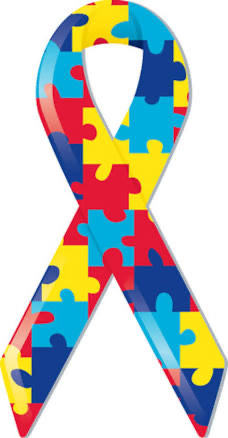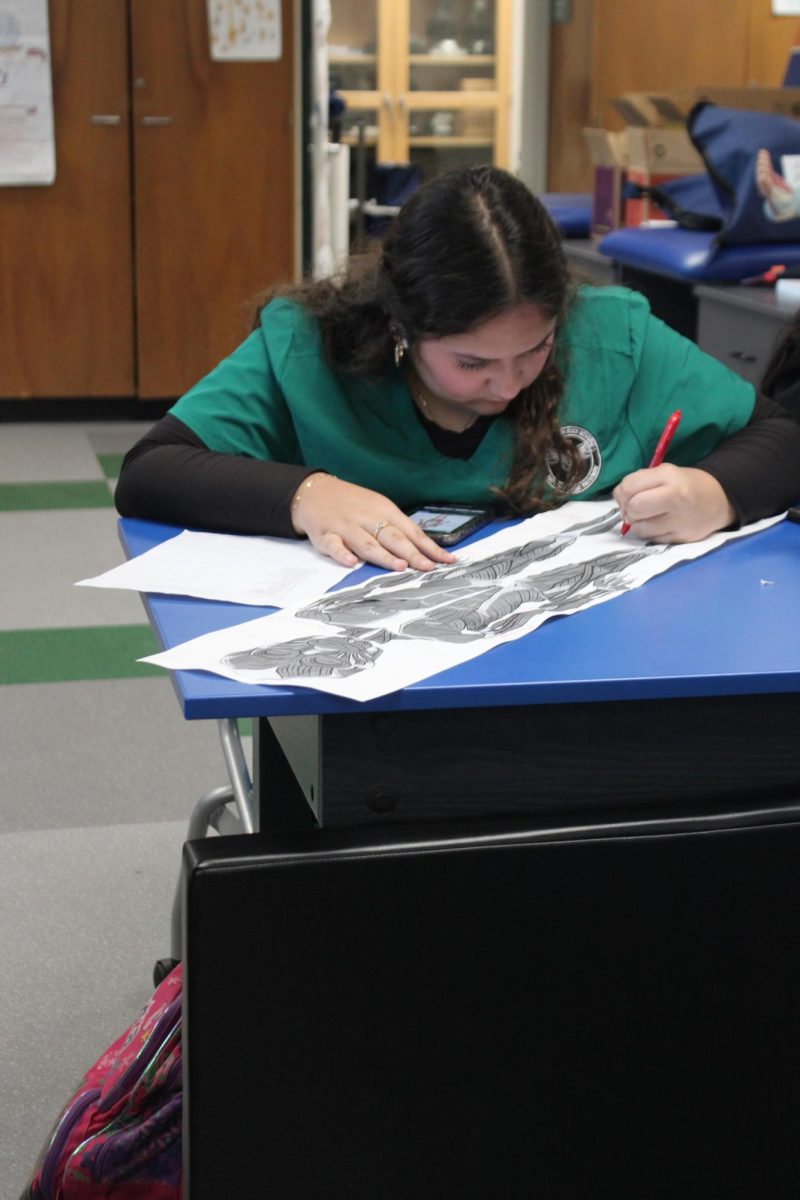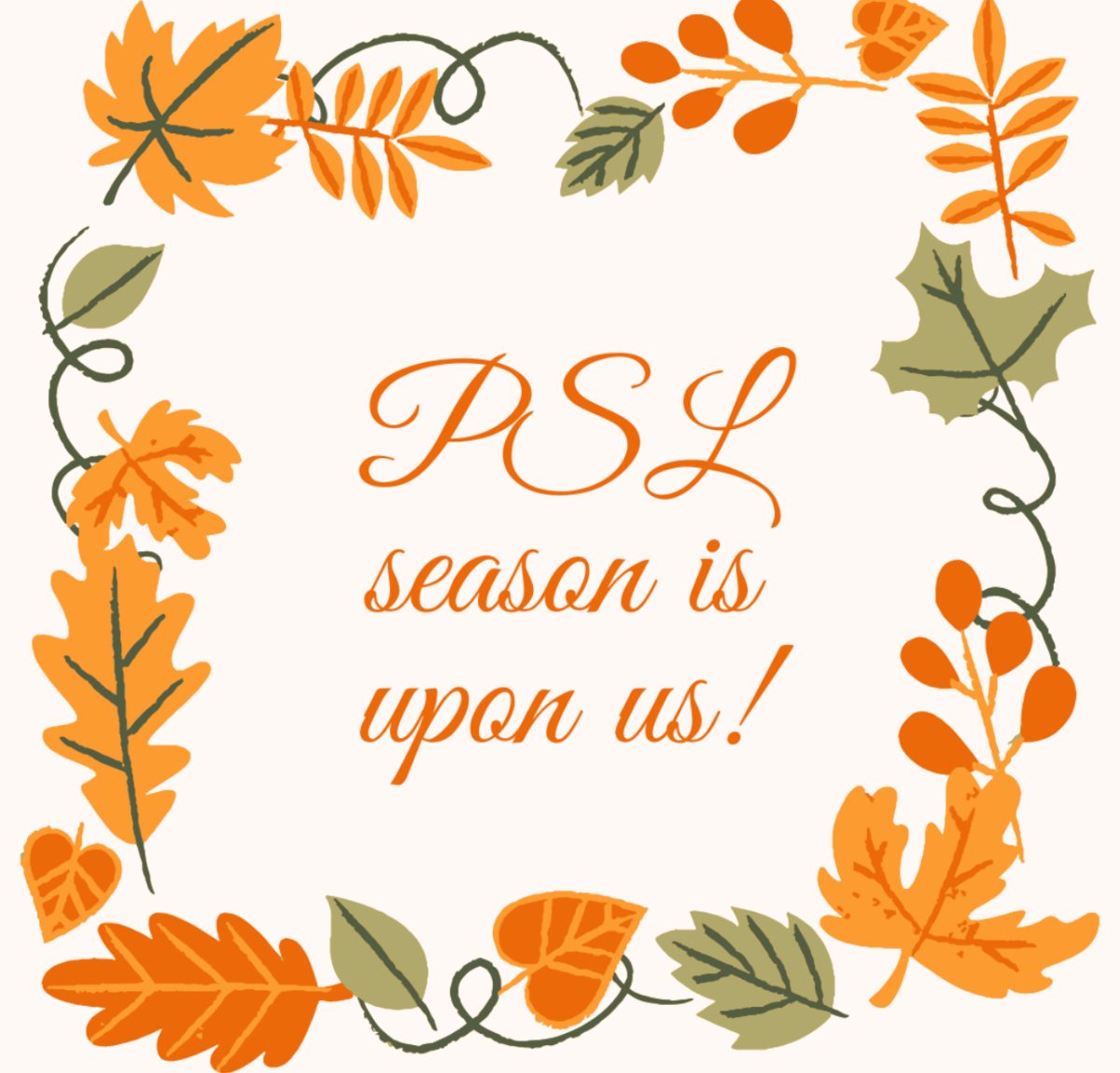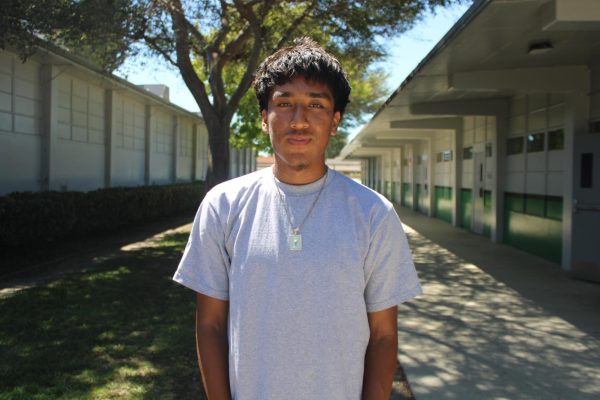
Every month of April, people all around the world shine a light on celebrating autism acceptance. We take this month to learn and understand the challenges and strengths of an individual with autism, promote inclusivity, and support research and advocacy efforts.
Autism is when an individual has a developmental condition that affects communication, behavior, and social interaction. But this doesn’t mean that they can’t accomplish anything they put their mind to. Many people with autism are really smart and remember things easily. Autism comes in many forms, like Stephen Shore once said, “there is one type of autism, but many”. Every person with autism goes through their struggles, whether it is with speaking or socializing etc. Some people who are on the more severe side of the spectrum may even experience seizures. Many people with autism get diagnosed around the age of 2 and 3. Which can be difficult for a parent. That is why, for some, this month is a way to come together to celebrate. Even though we celebrate the whole month of April on April 2 is world autism awareness day. On this day, people wear blue to show support by doing things like marathons and donating to organizations. Acceptance ultimately means understanding that someone with autism sees the world differently. It involves creating environments that accommodate their sensory needs, communication styles, and learning preferences. Schools, workplaces, and communities can make simple adjustments like reducing fluorescent lighting, providing quiet spaces, and using clear, visual communication to support those with autism. By embracing neurodiversity, we create a more inclusive society where everyone can thrive. Also, beyond understanding and accommodation, advocacy plays a big part. This involves supporting policies and initiatives that promote the rights and well-being of individuals with autism. It also means challenging stereotypes and misconceptions, and helping the voices of autistic individuals themselves. Many organizations offer resources and support for families, educators, and employers seeking to create more inclusive environments.
Parents of children with autism go through many struggles. Including going through the process of getting rig and therapies like speech and others, they also go through the struggle of getting education support and learning how to help manage their child’s emotions. Some may also go through the struggle of financial needs of having a child with autism. But I think one of the hardest ones is having to deal with people who judge or don’t understand their situation, and how, when a child with autism is expressing their emotions, it might now be as easy to control as a regular child. The lack of understanding can be frustrating and isolating for a parent. Many partners often try to advocate for their child to help others understand them. So that they can create a better inclusive and better environment. Despite these challenges, many parents find immense joy and pride in their children’s unique abilities and perspectives.
We spoke to one of our teachers here at BP who has a child with autism and is a wonderful advocate for her child and others with autism.
Katie Flores- “Who are we here with today?”
Jackie Linstead “Jackie Linstead “
Katie Flores – “Can you tell us a little bit about how it is to be a mother to a child with autism?”
Jackie Linstead -“Well, autism is a social deficit, so we’ve just been very hard. No matter where you are on the spectrum, there are difficulties. It’s a disability, even if you’re high functioning, but there’s, for a lot of people, it’s like a communication issue, but it’s always a social deficit as well. And so we’ve with my daughter, we’ve like had her at some points in 40 hours a week of therapy and things like that, just to help her to be on an equal playing field with other people of understanding things that come naturally to everyone else, like what eye contact means, or how to read tone of voice or things like that. So it’s been very difficult. There’s in my situation, there have also been things that we had to get through that were more extreme than other kids.”
Katie Flores-“How do you feel you support your daughter through those things?”
Jackie Linstead-“ Well, now that she’s a teenager, I feel like I support her a lot differently than when she was a little kid. When she was little, I was always trying to teach her how to change, but I think that’s what every parent does with their kids. They try to teach them how to change and grow. But now that she is her person, I just try to have her understand that she is who she is and she doesn’t need to change anymore. She needs to be who she is and be a good person, and the rest of the world also needs to just accept that in terms of the bigger community. I started a nonprofit, and so I am the CEO of Autism Insights Foundation, and we raise money and support autistic employment.”
Katie Flores-“Can you tell us a little bit more about that?“
Jackie Linstead-“Sure, we fund people who are looking for or already in a job to get autistic employment coaching, and it is run by people who are neurodiverse. So it’s not like we’re telling you, here’s how you act, not autistic, because that’s not appropriate and that’s not acceptable. Instead, it’s like, here’s how you can use your autism in a way that creates what you need out of the situation and to help promote your happiness. And then the other thing we do is we fund scientific academic research on autistic employment to help further the cause of which accommodations work and which accommodations aren’t useful, so that companies know how to help.”
Katie Flores- “That’s great, thank you so much for talking to us today. “
In conclusion, Autism Acceptance Month serves as a reminder to embrace neurodiversity, promote inclusivity, and advocate for the rights and well-being of individuals with autism. By understanding the unique challenges and strengths of people with autism, creating supportive environments, and challenging stereotypes, we can build a more inclusive society where everyone has the opportunity to thrive. It also highlights the struggles that parents may go through and how we can help and support them.
Organize to support
Autism Research Institute-https://autism.org/
Autism Society of America-https://autismsociety.org/
National Autism Association-https://nationalautismassociation.org/











































